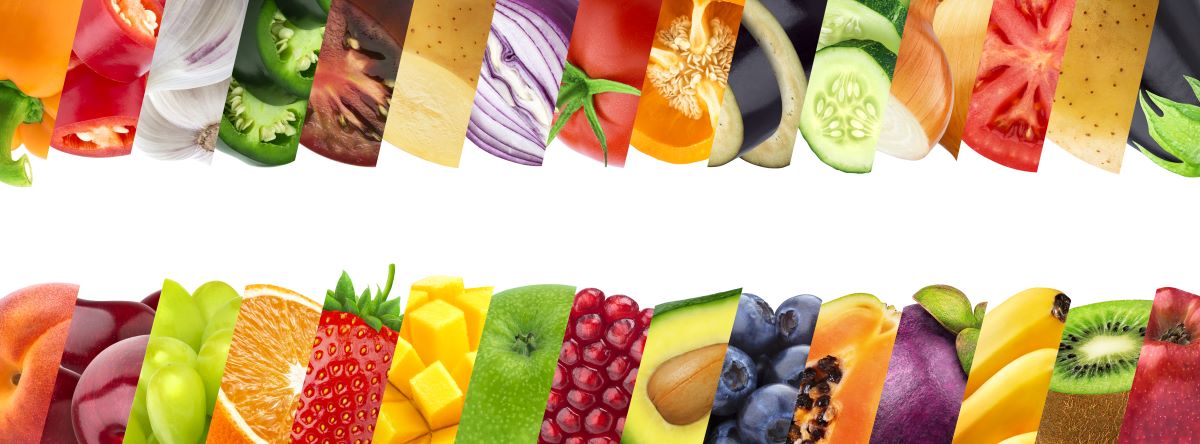Vegetarian diets are becoming more and more common in the sporting arena, athletes choose this type of diet for a variety of reasons including health, environment, ethics, philosophy, religion/spirituality and aesthetics. There are different types of vegetarian diets:

Is it possible to cover the energy requirements of football with a vegetarian diet?
Vegetarian diets are becoming more and more common in the sporting arena, athletes choose this type of diet for a variety of reasons including health, environment, ethics, philosophy, religion/spirituality and aesthetics. There are different types of vegetarian diets:
TABLE 1. TYPES OF VEGETARIAN DIETS
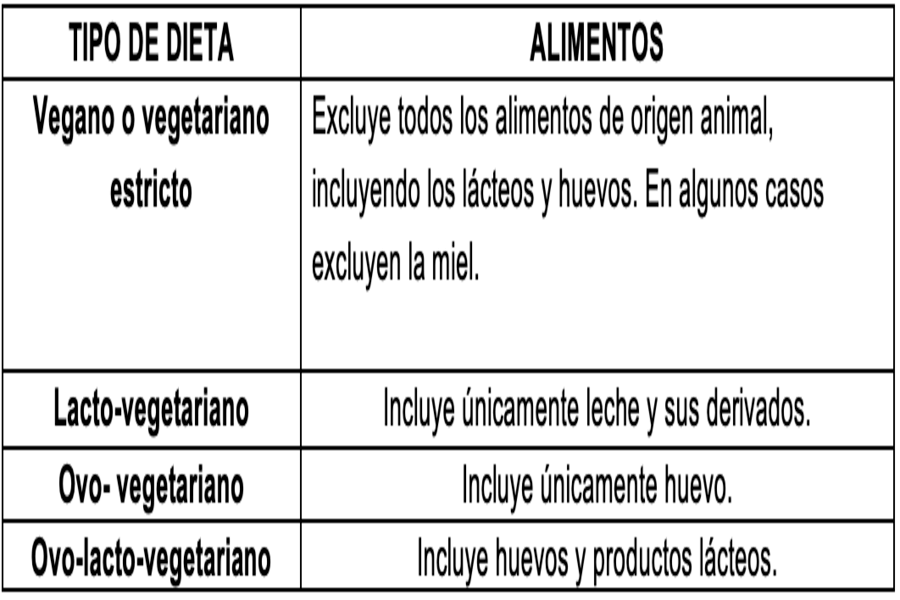
Ensuring adequate nutritional intake is a major concern for athletes and coaches, especially when training demands are high, as inadequate energy intake negates the benefits of training, compromises performance and can result in health complications including a loss of muscle mass and/or bone density, and an increased risk of fatigue, injury and illness.

Knowing the type of vegetarian diet of the athlete is essential for nutritional planning to cover the energy and nutrient requirements, for which it is advisable to seek advice from a professional in the area.
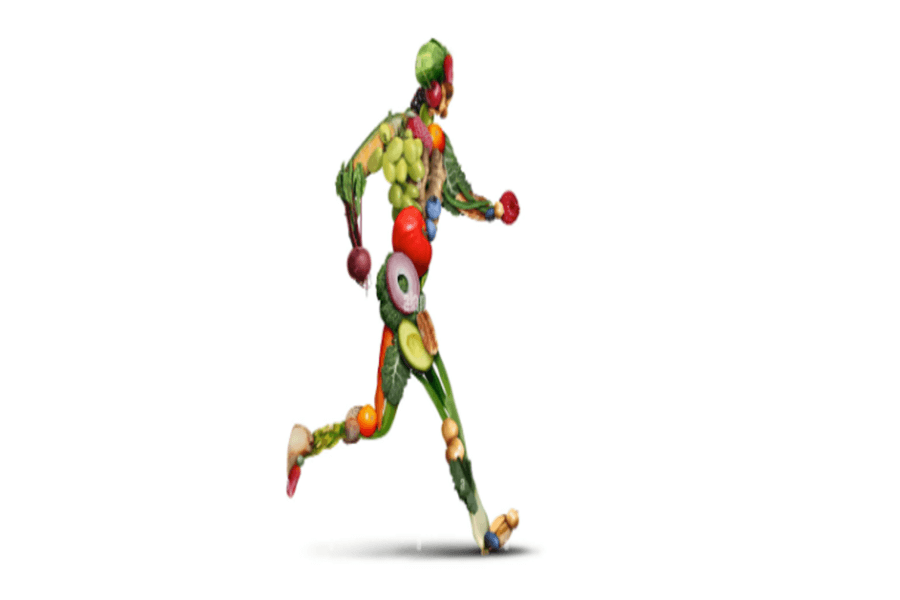
Energy requirements and the vegetarian diet
The energy expenditure of a football player may differ from day to day, but also between players within the same team depending on body composition, metabolism as well as the different demands of life outside football. Consequently, energy intake will vary depending on the demands of training or match days as well as the specific goals of the player.
Vegetarian football players have a challenge in meeting their daily energy and protein needs, as plant-based foods, although rich in vitamins and minerals, are mostly not energy dense, i.e. the amount of fat and protein is lower than that of animal-based foods. In this sense, athletes with high energy needs should be encouraged to eat frequent meals and snacks (i.e. 3 meals/day and 2-4 snacks/day) and plan them appropriately to ensure their availability.

It is not only important to increase the frequency of consumption, but also to increase the density of the food consumed, i.e. to aim for a higher calorie load in a smaller volume of food. This is possible by selecting energy-dense foods and limiting fibre-rich foods. For example, replacing some portions of whole fruit with fruit juices and avoiding wholegrain foods to reduce early satiety. Also enrich the energy content of preparations with vegetable fats such as adding nuts to yoghurts/cereals or adding peanut butter to snacks.
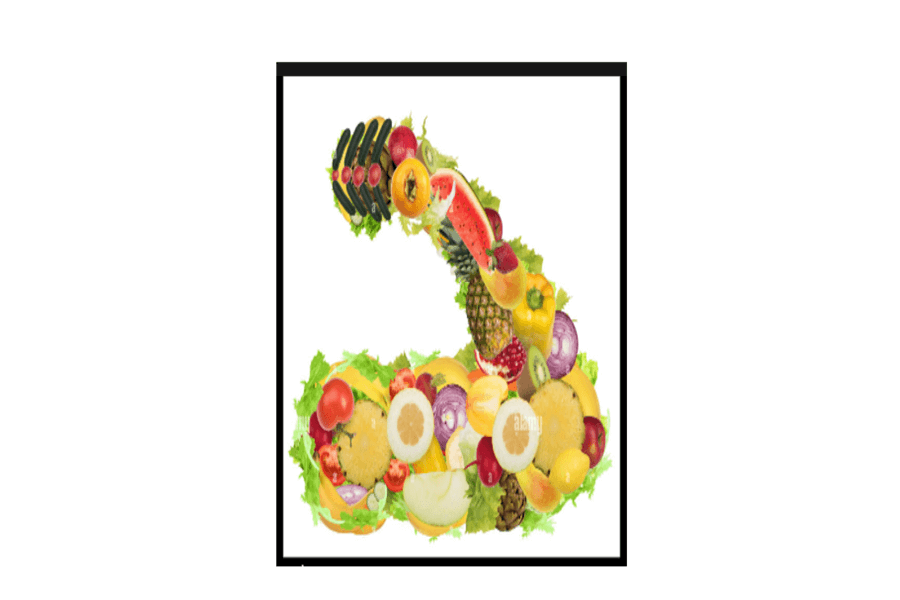
Protein requirements and vegetarian diet
It is common to think that on a vegetarian diet it is difficult to meet the protein requirements necessary to generate muscle mass gain. This is not entirely true; the key is to pay special attention to the combination of plant-based proteins. These combinations make it possible to provide the essential amino acids (not produced by the body), as unlike animal proteins, these sources do not always have all the essential amino acids in the same food.
TABLE 2. ESSENTIAL AMINO ACID COMPOSITION OF FOODSTUFFS
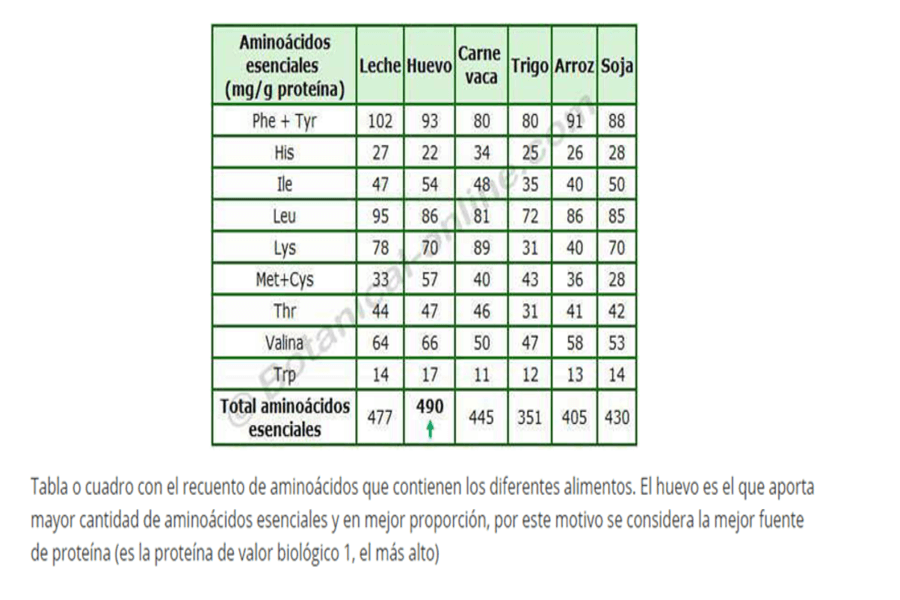
As can be seen in table 2, protein from eggs, milk and soya are essential in vegetarian diets. Likewise, the combination of cereals (e.g. rice) with legumes (lentils, beans, etc.) allows us to provide the essential amino acid deficient in each one and obtain a perfect combination of proteins.
TABLE 3. LIMITING AMINO ACIDS IN CEREALS AND PULSES
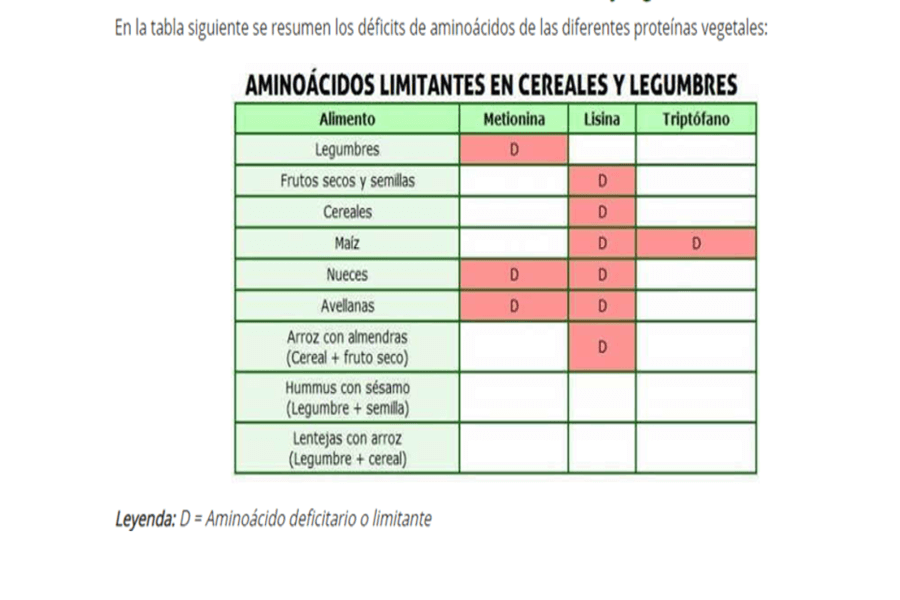
In addition to the type of protein, it is necessary to provide the right amount to cover the protein requirements to generate the adaptations to exercise.
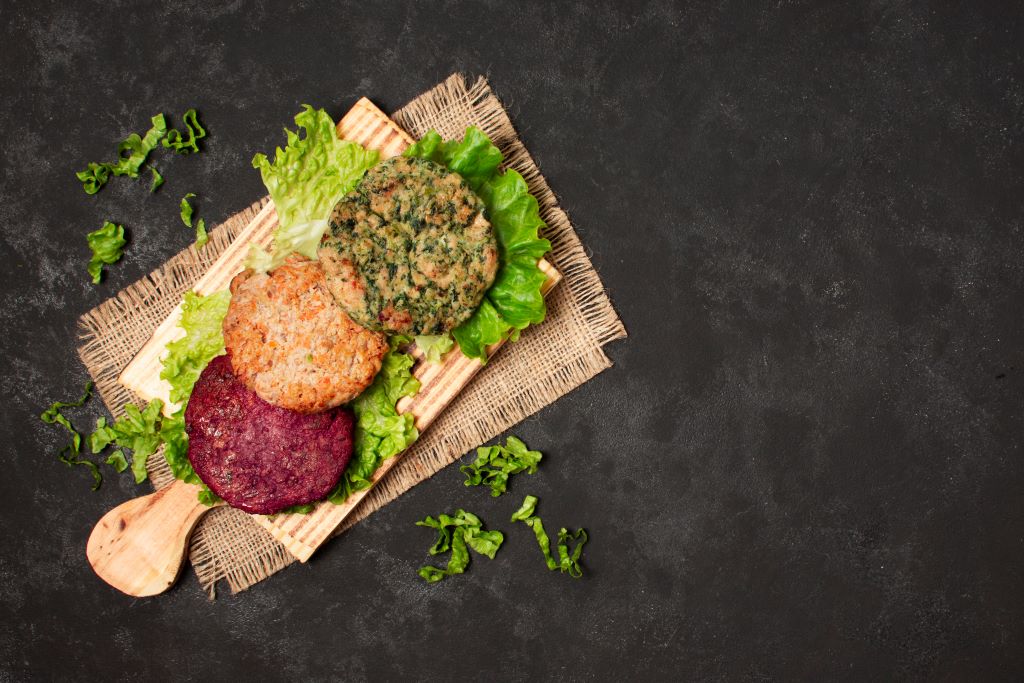
Other nutrients important in vegetarian diets
In addition to proteins, there are certain nutrients that are less abundant in plants compared to animal foods, or less absorbed. Within this group are: omega-3 fatty acids, calcium, vitamin D, iron, zinc, iodine, vitamin B12 and riboflavin. The selection of foods containing these nutrients generally ensures an adequate level; however, supplementation may occasionally be needed. Food sources of these nutrients are presented below:
TABLE 4. ESSENTIAL NUTRIENTS IN VEGETARIAN DIETS
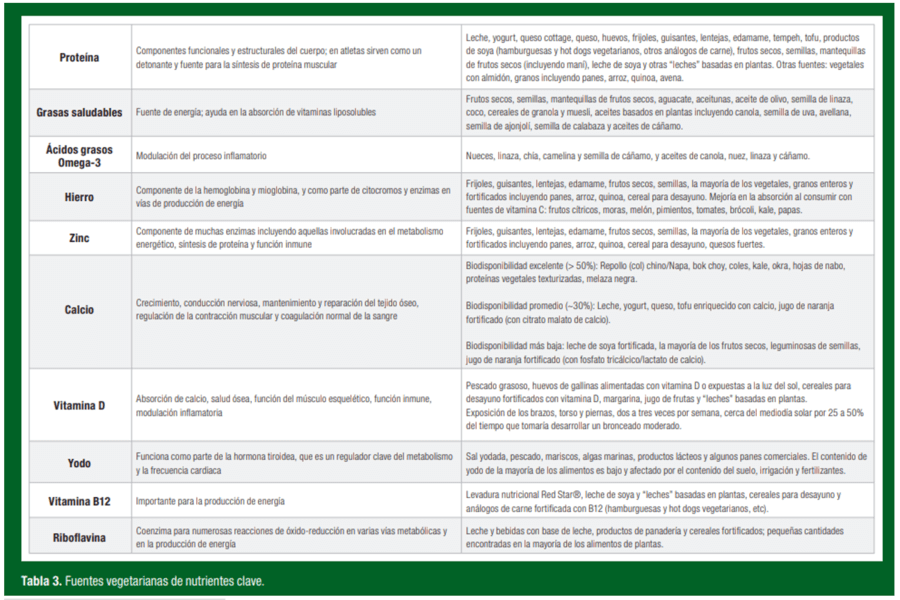
Conclusions
Meeting energy requirements is crucial for proper nutrition and optimal performance.
- Athletes of all levels, from amateur to elite, can meet their energy and nutrient needs with a vegetarian or vegan diet that contains a variety of foods with combinations of food groups to ensure this supply.
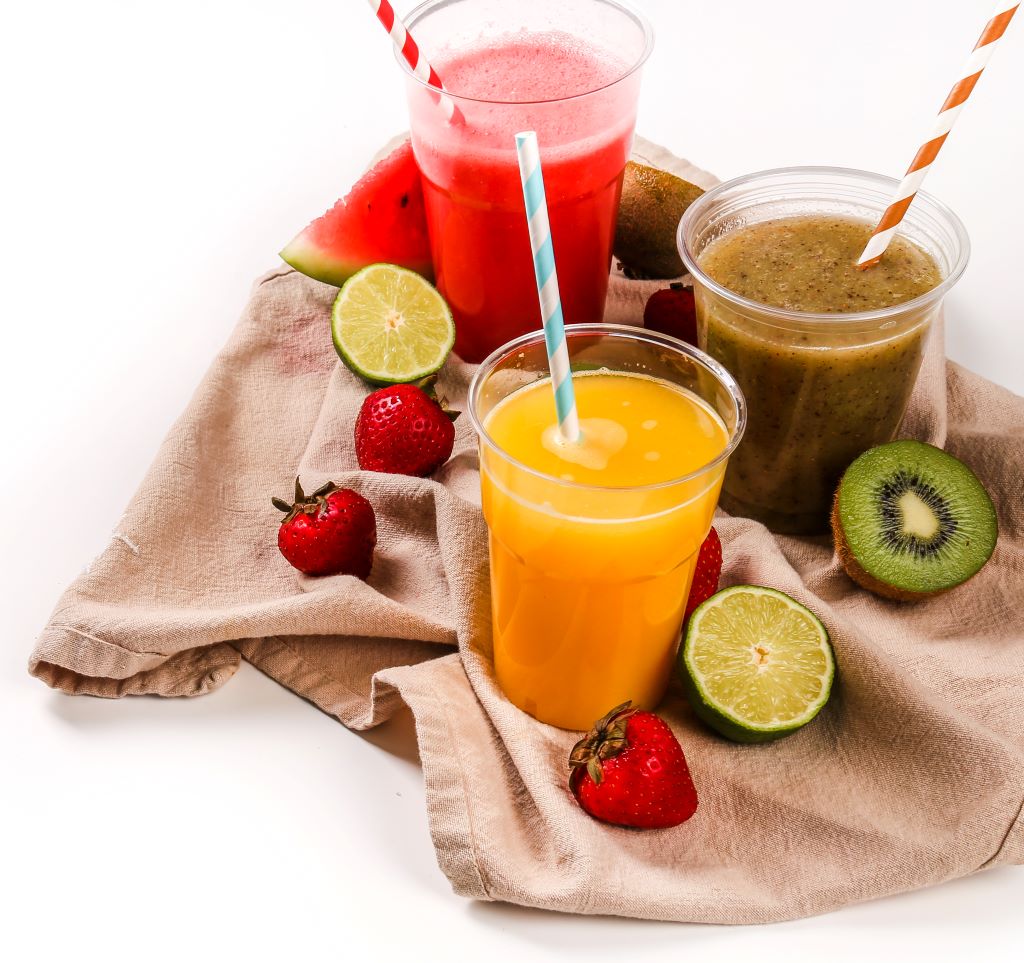
- Protein requirements vary depending on the type and intensity of exercise. Excellent vegetarian sources include soy products, beans, lentils, tofu, nuts, seeds and most grains including quinoa. In ovo-lacto vegetarian diets, milk, yoghurt, Greek yoghurt, cottage cheese and eggs are rich sources of high biological value protein.
Like most athletes, vegetarian athletes can benefit from education about food choices to optimise their health and performance.



